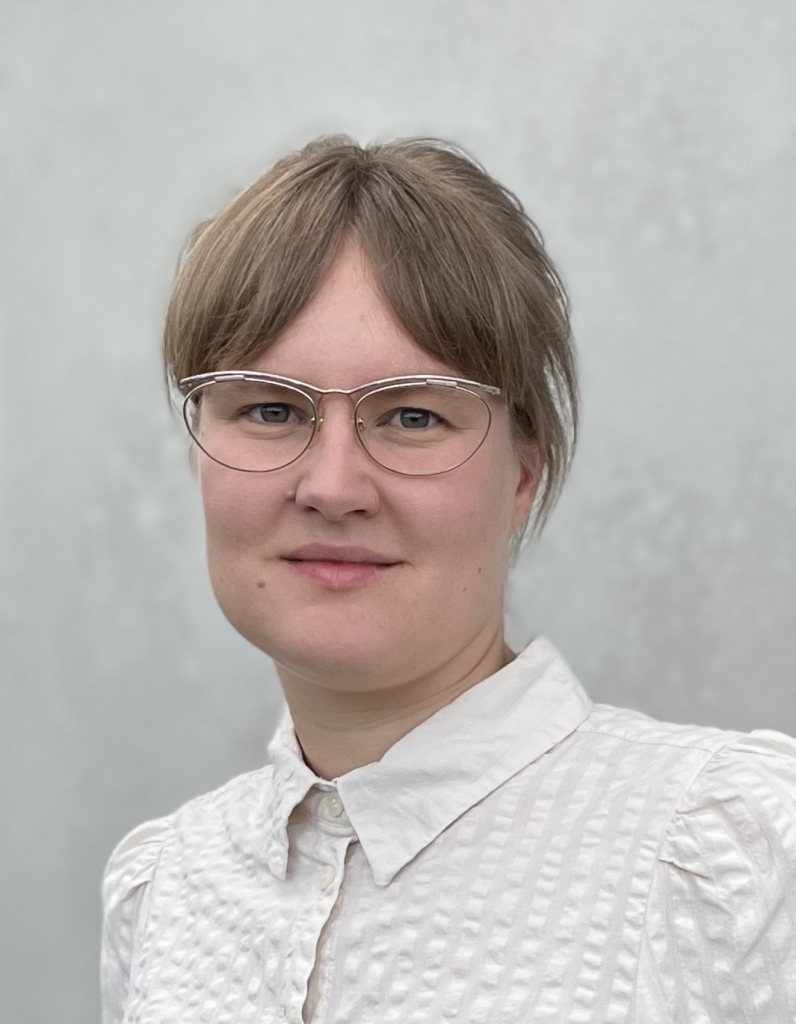CEDAS, the Center for Data Science at the University of Bergen, and NORBIS, the Norwegian Research School in Bioinformatics, Biostatistics, and Systems Biology, invite both starting and experienced data scientists to an exciting joint summer school on data science and its biomedical applications from 7-11 August 2023.
The summer school will be held in Bergen at Hotel Zander K. It is mainly intended for PhD candidates, but also Postdocs and other researchers interested in learning more about data science are welcome to attend. As data science is relevant across a wide range of disciplines, we hope that we will be able to attract a diverse group of participants.
The summer school will feature keynotes, theoretical and practical sessions on Machine Learning, Statistics, and Visual Data Science, as well as a social program.
For more information, please visit the official summer school website: Joint CEDAS-NORBIS Summer School 2023



